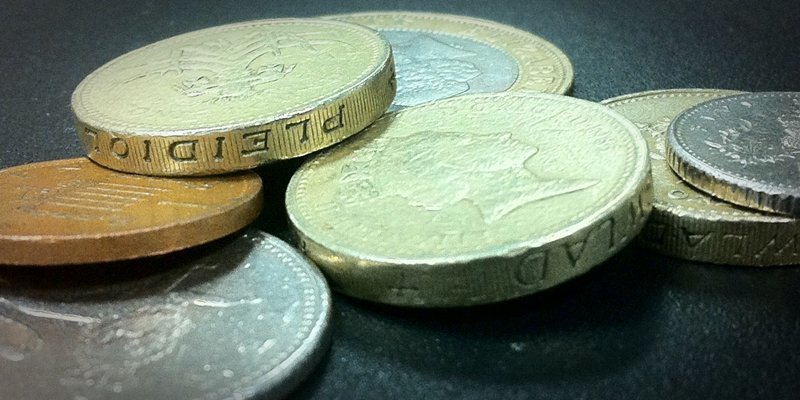The SNP’s council tax freeze will have cost over £3 billion by the end of this Scottish parliamentary term, it has emerged.
The shocking figure is in a briefing paper prepared for new MSPs by the Scottish Parliament Information Centre (SPICe). Scottish Labour claimed the report proves there is a “black hole” in the SNP Government’s spending plans.
The SNP, who won a surprising majority in last week’s Holyrood election, made a manifesto pledge to freeze the council tax for the next parliamentary term.
They had previously delivered a council tax freeze during the four years of the last parliament.
The SPICe paper says that if the freeze is continued in a similar fashion it will have cost £3.15 billion by 2016-17.
Scottish Labour deputy leader Johann Lamont insisted the SNP’s manifesto promises “did not add up.” She said, “We warned this could only mean more broken promises if they are re-elected.
“The SNP did not even allocate any money to pay for the retention of police numbers which is a shocking admission, and shows that again they are setting up another broken pledge.
“Our manifesto by contrast was the only one by any party that showed a surplus over the next four years without having to rely on achieving generic efficiency savings or using borrowing powers.”
But a spokesman for finance secretary John Swinney said, “The SNP published a fully costed manifesto, taking into account all of the issues identified in this paper, which identifies a surplus of over £1 billion by the end of this spending period after new expenditure commitments are taken into account.
“We have a track record of achievement in office which demonstrates our ability to deliver we exceeded our efficiency savings targets in each year of the last parliament, and are on course to have achieved £1.6 billion in efficiencies last year.
“The reality is that the annual cost of the council tax freeze builds up to £560 million at the end of this parliament, or less than 2% of the Scottish Government budget.
“The council tax freeze is vital to help hard-pressed households when other bills and VAT are rising and relative to income it helps the poorest families the most.”
